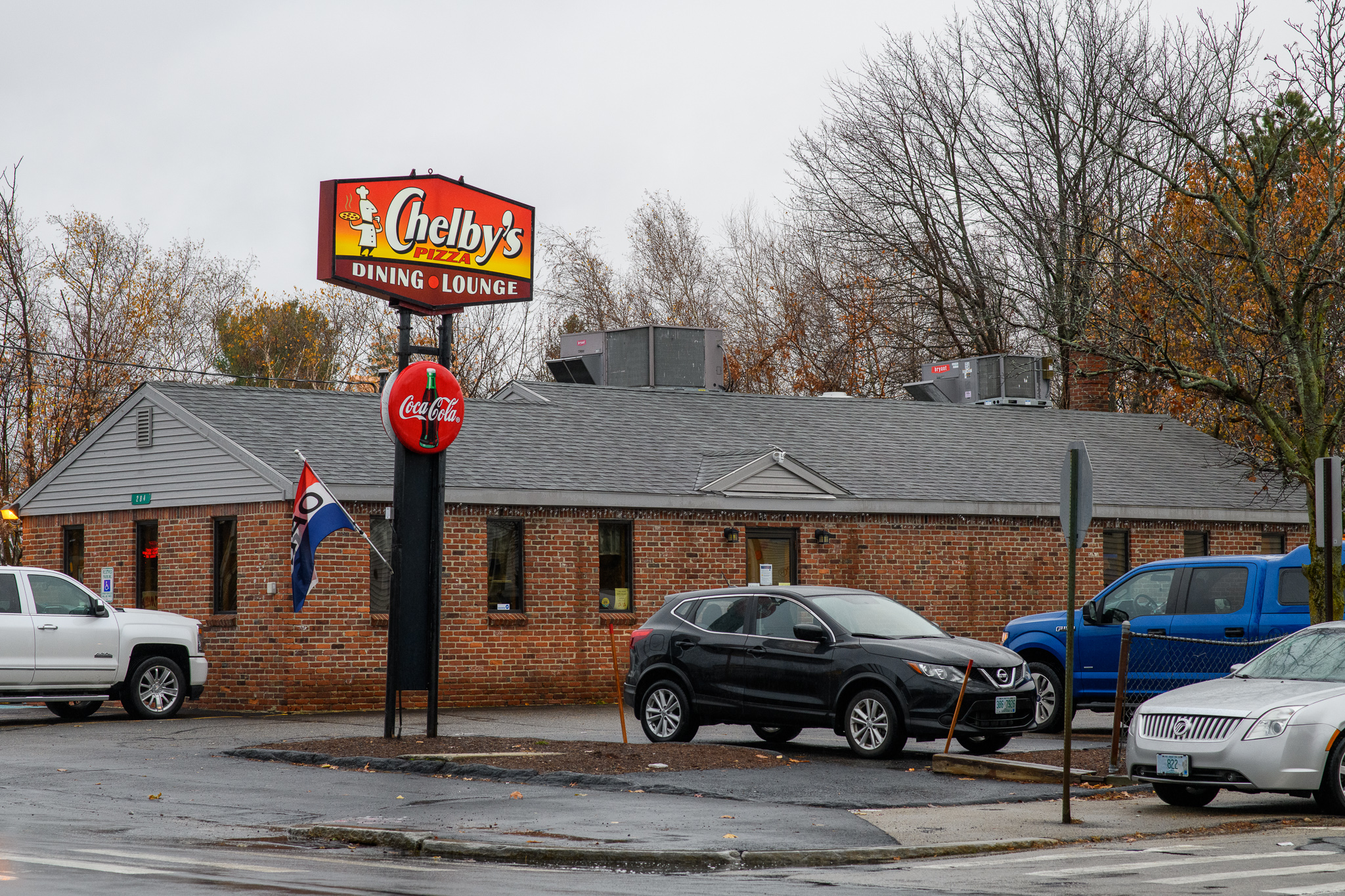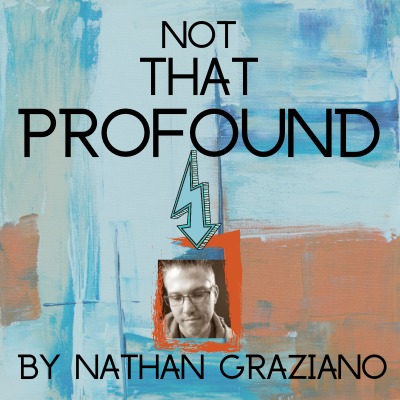
 It was late afternoon on a Wednesday at Chelby’s Pizza, and the tables in the bar area were sprinkled with the regulars. Outside, clouds gathered, overcast, as another wave of humidity and rain were ushering in.
It was late afternoon on a Wednesday at Chelby’s Pizza, and the tables in the bar area were sprinkled with the regulars. Outside, clouds gathered, overcast, as another wave of humidity and rain were ushering in.
I sat at a table in the back corner by the exit—a place my friends and I, who are also regulars, have informally staked as territory. Brian and my wife were arguing politics—a cardinal bar faux pas that they tend to ignore after a few libations.
Meanwhile, I sipped my Bud Light draft, refusing to be baited into their discussion.
“I completely believed Dr. Blasey Ford’s testimony,” said my progressive Smurf-blue wife Liz, her voice rising a decibel. Despite Justice Brett Kavanaugh’s controversial Supreme Court appointment being three years old, she and Brian inexplicably decided to resurrect the topic. “Why would such a bright, accomplished woman risk so much to perjure herself?”
“So if a woman says the man did it then he’s automatically guilty?” asked Brian, the conservative foil to Liz’s liberal worldview.
Then Jeremy—the voice of reason, due largely to his disdain for partisan banter—came back to the table after talking to Chelby’s owner Heidi Liolios.
“Both of you need to shut the hell up,” Jeremy said in his gruff voice, scratching at his beard. “There’s a bigger problem right now.”
Jeremy explained that Heidi informed him that another one of the cooks had taken another job, leaving the restaurant with only two cooks to man the kitchen at the end of the month, and unless she could find another cook, Chelby’s Pizza—the oasis where so many of us retreat to socialize and escape the banal grips of daily life—could be forced to close its doors.
Chelby’s could also be added to a formidable list of iconic Manchester establishments in the ever-extending list of COVID-19 causalities.
“I am literally scared at this point,” Liolios said to me in an interview. “I’ve sunk my whole life into [the restaurant], 22 years.”
Originally, I intended to report this as a journalistic piece. But this isn’t breaking news—many restaurant owners I’ve interviewed in the past six months have echoed the same fears and sentiments—and I can’t write this article with any modicum of objectivity.
For example, my kids, now teenagers becoming adults, grew up going to Chelby’s Pizza. And Heidi and her brother and co-owner John Liolios, along with Chelby’s long-time staff have always welcomed our family as one of their own—as well as many, many other Chelby’s patrons in the Manchester community.
If Chelby’s closes, many said patrons of the restaurant will be left to navigate a real void, much like we did during quarantine.
“We’re drowning and trying to stay afloat,” said Liolios of the restaurant. “Many of us have sunk our lives into this.”
Unless you’ve been living in a vacuum, most people are aware—as we precariously inch away from the pandemic with a tentative hope that we won’t see another serious resurgence—that many small businesses are struggling to find the workers necessary to maintain a sustainable bottom line.
This is particularly prevalent in the restaurant industry. While people are eager to leave the caves they’ve been holed in for well over a year, many local establishments can’t find the workforce they need to serve their customers.
“I don’t know how we got this point,” Liolios said. “There are no more people willing to work for average wages.”
Theories about the problem abound.
Is this a matter of indolence and complacency? Have too many people become so comfortable living off stimulus checks that they’re reluctant to leave the teat?
Is the problem more existential in nature? Has the time spent during the pandemic led to the type of introspection where workers are questioning their roles and usefulness in a vast, inexplicable and indifferent universe?
Has the pandemic irrevocably changed the way we perceive work, and what workers are justly owed for their services?
Regardless, this leaves small businesses unable to match the larger, often-corporate companies who are able to offer higher wages to their laborers.
“There are so many other opportunities for people that I can’t compete,” Liolios conceded.
And I obviously don’t have those answers—nor does Fox News or MSNBC. What I do know is that, right now, we need to double-down on our community, supporting one another on a local level.
It also means that these small businesses, who are paying reasonable wages for workers, need help from the able-bodied workforce. Restaurants, daycares, small stores and other local establishments need all of us to pitch in—both as workers and patrons.
And to those who might be reading this with basic culinary skills and the availability to work, please consider helping your local restaurants. If we ever want to return to a semblance of pre-pandemic normalcy, we’re going to need everyone to pitch in.
Brian and Liz stopped arguing about Kavanaugh. All of us at the table stopped and realized that a place we love and cherish was in real peril.
“What can we do?” Liz asked.
“I’ll talk to Heidi,” I said. “Maybe I can write something, try to help.”







